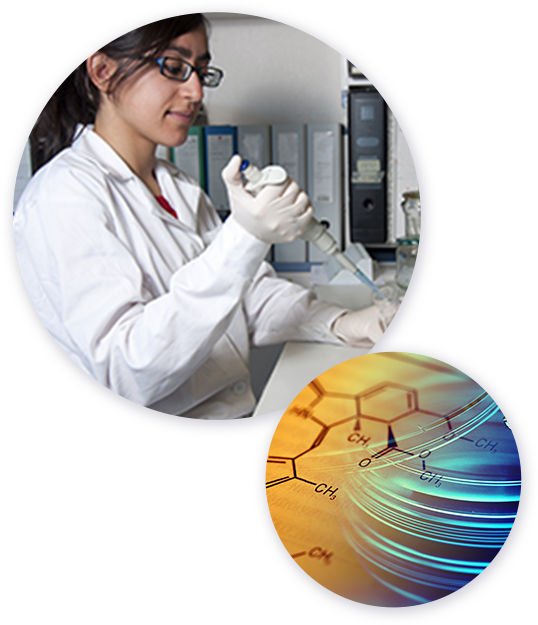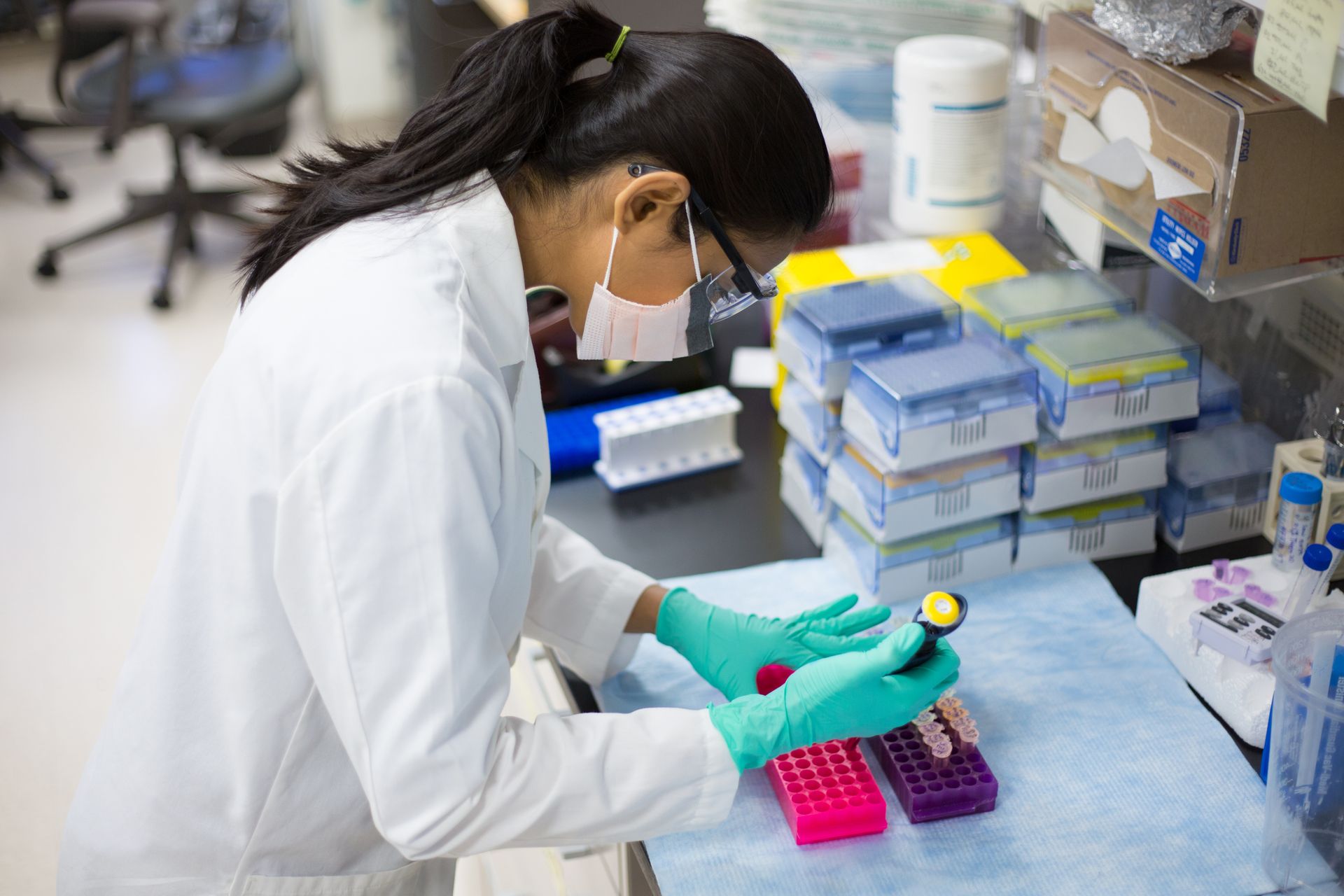Breaking into Biomedicine: Your Ultimate Career Guide as a Medical Scientist
Breaking into Biomedicine: Your Ultimate Career Guide as a Medical Scientist
Are you passionate about science and medicine? Do you have a strong desire to make a difference in the world of healthcare? If so, a career as a medical scientist may be the perfect path for you. Medical scientists play a crucial role in advancing our understanding of diseases and developing new treatments that save lives.
In this comprehensive guide, we will explore what it takes to break into the field of biomedicine as a medical scientist. From education and training to job outlook and salary potential, we will provide you with all the information you need to kickstart your career in this exciting and rewarding field.
Education and Training
To become a medical scientist, you will need to obtain a bachelor's degree in a relevant field, such as biology, chemistry, or biochemistry. Many medical scientists also pursue advanced degrees, such as a master's or Ph.D., to further their education and expertise in specific areas of research.
During your graduate studies, you will have the opportunity to conduct research under the guidance of experienced faculty members. This hands-on experience is essential for developing the skills and knowledge needed to succeed as a medical scientist.
In addition to formal education, it is important to stay up to date on the latest advancements in the field of biomedicine. Attending conferences, seminars, and workshops can help you network with other professionals and learn about cutting-edge research in your area of interest.
Job Outlook and Salary Potential
The job outlook for medical scientists is strong, with the Bureau of Labor Statistics projecting a 6% increase in employment opportunities over the next decade. As the demand for new treatments and therapies continues to grow, medical scientists will play a vital role in advancing healthcare and improving patient outcomes.
In terms of salary potential, medical scientists can earn a competitive wage. According to the Bureau of Labor Statistics, the median annual wage for medical scientists was $88,790 as of May 2020. However, salaries can vary depending on factors such as level of education, years of experience, and area of specialization.
Career Paths and Specializations
Medical scientists have a wide range of career paths and specializations to choose from. Some medical scientists work in research laboratories, conducting experiments and analyzing data to advance our understanding of diseases. Others work in pharmaceutical companies, developing new drugs and treatments for various medical conditions.
If you are interested in working directly with patients, you may consider a career as a clinical laboratory technician. Clinical laboratory technicians perform tests on blood, tissue, and other bodily fluids to help diagnose and treat patients. This hands-on role is essential for ensuring accurate and timely test results that can improve patient care.
Regardless of your chosen career path, it is important to stay focused on your goals and continue learning and growing as a professional. By staying abreast of the latest research and trends in biomedicine, you can position yourself as a leader in the field and make a meaningful impact on healthcare.
Contact Our Professional Recruitment Firm Today
Are you ready to take the next step in your career as a medical scientist or laboratory technician? Fladger Associates can help you find the perfect job opportunity to advance your career. With over 30 years of experience in executive search and staffing, we have the expertise and connections to match you with the best employers in the industry.
Learn more about our comprehensive human capital solutions and employment opportunities. Let us help you reach your full potential and achieve your career goals in biomedicine. Contact us today to get started on your journey to success!










